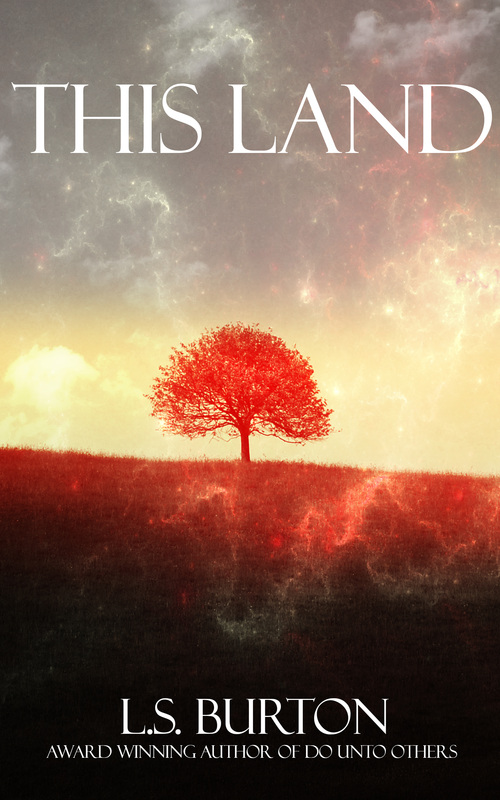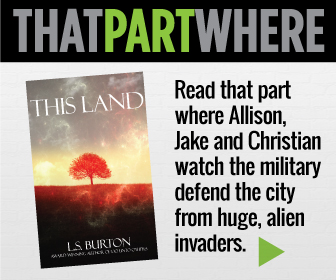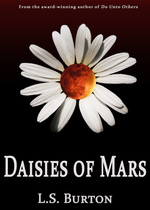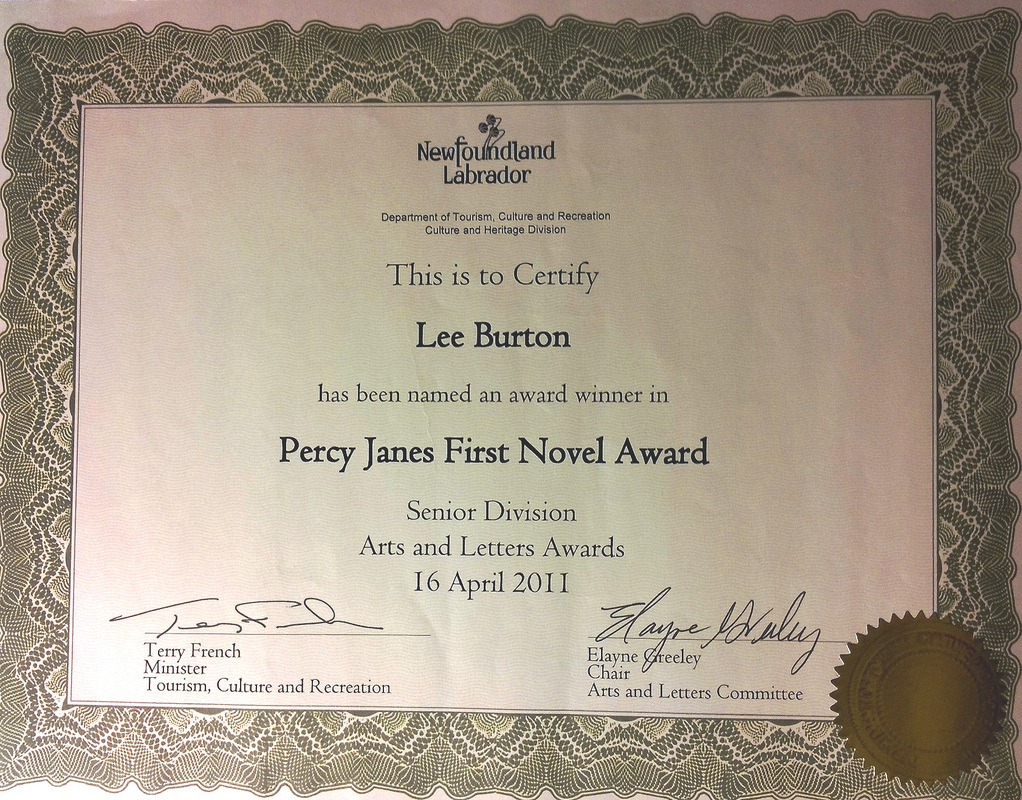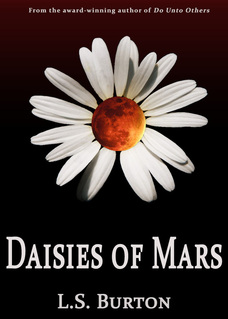
"Nick stepped up onto a rock and proudly planted a solid print in the cinnamon soil on the other side. One small step for a facilitator …
Nick Hutchinson hates Mars, and hates his new job as Earth Liaison.
One month down, five to go. Think of rivers, think of clouds, think of frogs and dresses in summer and umbrellas. Five months until antelopes, snowflakes, storm drains …
But when he volunteers to venture out onto the surface, hoping to convince a widowed hermit to sell her land to Friends of Earth Co., it’s she who has the most to say, and he who had better listen."
This story came about when my friend, Michael, challenged me to write a science fiction story as a bet for the Friends of Merrill short story contest. As usual, I doubled the allotted wordcount and forfeited the contest. But it was fun, so that's okay.
Though Mars is popular these days, and always in the news, writing a story about Mars that doesn't infringe on areas already flavoured slightly by the greats is next to impossible. The scientific material we're getting about Mars these days rides the wave of imagination established by A HUNDRED YEARS of stories about the planet, starting with H.G. Wells, peaking at Bradbury, and firmly achieving maturity with Kim Stanley Robinson.
On that note, it's very difficult to write anything political about the colonization of Mars while avoiding falling into Robinson's rather sprawling, erudite, and epic shadow. So I decided the best course of action was not to try. Exercises in futility are not my forte.
So I laid my thoughts out about the inevitable trend towards privatizing space flight, and voila, Daisies of Mars. It's a trepidation that I think is valid, seeing that Virgin is building a space port in New Mexico and Google has lately invested in a company to take advantage of future asteroid mining.
The story is also a turning point for me in my mindset towards publishing.
Just a year ago, I would have held onto the piece and sent it out to journals, hoping for print publication. Daisies of Mars began that way, but after I waited three months to hear back from Asimov's, and a few weeks from Analog (great publications), I realized I simply didn't care to run the gambit of submissions anymore. I don't write many short stories, I don't write much science fiction -- and so don't have a thorough knowledge of that side of the industry -- and I have other projects to write which get neglected while I'm trolling through web pages and looking for submission requirements.
Publishing it on my own -- sorry traditional publishing -- is so damn easy. I know I won't sell much, if any, as I don't write the sort of material that does sell on Amazon, and I know I never will. But it's still nice to be able to give a piece a fond farewell, and a chance at completion: being read.

